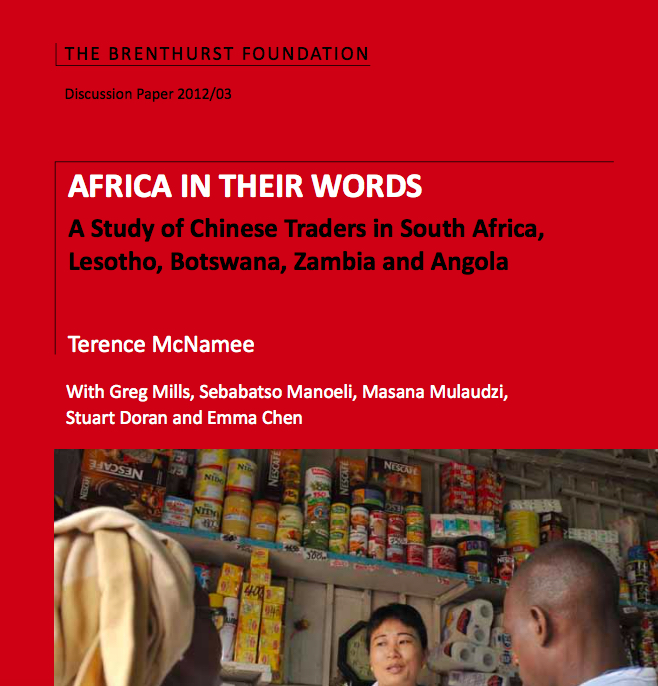Publications
Backwards to Beit Bridge? A strategy to revive Zimbabwe's industry
Despite the relative political and economic stability Zimbabwe’s national unity government has provided since its establishment in 2009, the trajectory of Zimbabwe’s prolonged industrial decline – which started in the mid-1980s – has not fundamentally been altered. In terms of the provision of basic services and infrastructure and the availability of opportunities for new and existing businesses, things remain on a steady downward trend. Instead of generating opportunities for greater prosperity through new services and production, wealth creation in Zimbabwe increasingly depends on redistribution of existing assets through political connections and trading on the margins.
The purpose of this Discussion Paper, by the Foundation’s Director, Greg Mills, and based on recent research in Zimbabwe and several roundtable discussions in the country, is to attempt to understand the extent and reasons for Zimbabwe’s industrial decline and outline prospective means for its resuscitation.
The Paper argues that, above all, Zimbabwe will require leadership to make decisions based not on personal or party self-interest, but focused instead on national development ambitions. If this leadership and the necessary policies fail to emerge soon, much of Zimbabwe’s industry will soon be past the point of no return. Provided the politics improve, however, the Paper identifies a number of key changes necessary to revive Zimbabwe’s industry. Most crucially, the key drivers – agriculture, transport, construction, mining and tourism – need to be reinstated. Emphasis also needs to be placed on using trade agreements wisely, especially for fast moving consumer goods (FMCGs); renewed investment in vocational training; reducing the costs of financing; and vitally, stamping out graft and corruption.



